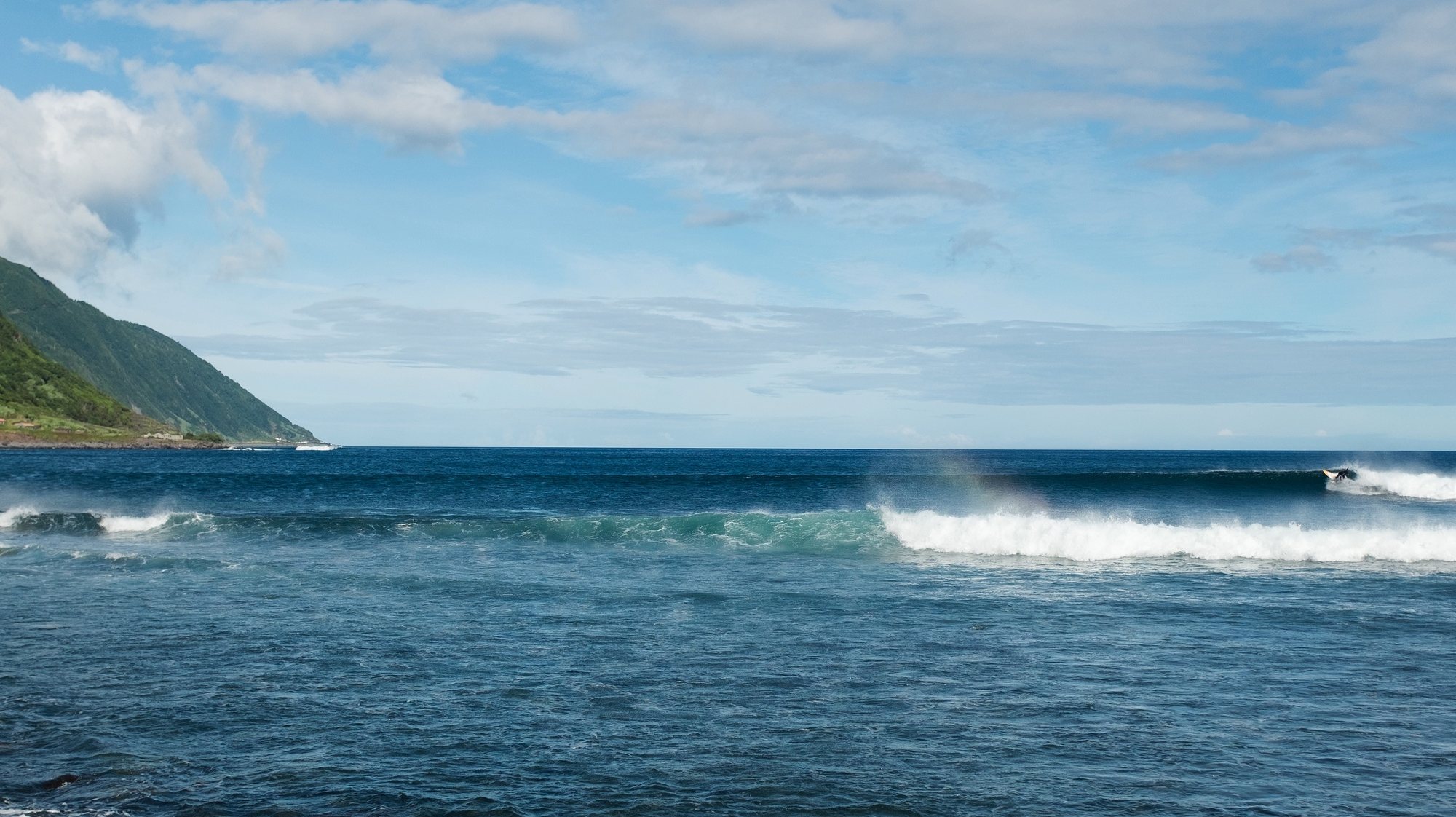Highlighting Europe’s “duty of stewardship” over the ocean, the Blue Ocean Foundation has presented a manifesto outlining measures to protect the “engine of the planet”.
The executive director of the Blue Ocean Foundation, Tiago Pitta e Cunha, said on Tuesday that European institutions must give new impetus to the issue of oceans by creating governance mechanisms to protect them.
Europe must understand that it has “a duty of stewardship over the ocean“Because the ocean is the engine of the planet, and it is essential that the governance framework for the oceans in Brussels changes profoundly, whether in the European Parliament, in the Commission or in the European Parliament,” said the official in an interview with the Lusa newspaper.
Tiago Pitta e Cunha was speaking about the presentation, this Tuesday in Lisbon, of a manifesto for a European Pact for the Ocean, an initiative of the Blue Ocean Foundation and the Jacques Delors Europe Centre.
The document, which was already submitted to the European Parliament in April, sets out measures and objectives to protect the ocean and take advantage of the opportunities it offers.
It is a document for the 21st century and not for a five- or seven-year cycle, according to Pitta and Cunha.
Ultimately, the official said, the aim is to give a new impetus to an integrated ocean policy, which has already been attempted but has lost strength, by integrating the ocean issue into geopolitical and geostrategic policies, in the area of competitiveness, the transition towards a green economy, or in the area of the environment, the restoration of biodiversity, the protection of coastal areas, the fight against pollution, science, scientific research or bringing citizens closer to the oceans.
“All these areas, which are addressed in the manifesto, need a governance framework,” he stressed, also considering it essential to create a “group of friends of the ocean in the European Council”, since there are other informal groups for other sectors.
Recalling that the Council will have a Portuguese president (former Prime Minister António Costa), Tiago Pitta e Cunha stressed that Portugal understands that the ocean agenda is a “central agenda for the country”and that “the more central it is to Europe, the more relevant” Portugal will be in all the States of the European Union (EU).
“Especially because we should not be afraid to say that we are one of the great maritime giants of the EU.”
“The manifesto calls for a pact between the EU and the ocean,” said the executive administrator at Tuesday’s presentation, always highlighting the “great opportunity” that the ocean represents for an EU facing a war, a pandemic and several other crises.
Divided into five parts, each with concrete objectives, the document highlights, in the words of Tiago Pitta e Cunha, the need for Europe to understand the importance of evolving towards a green economy, at a time when there are worrying pressures to withdraw from this transition.
“The sea is a great alternative and opportunity for Europe to continue to move firmly towards this green economy without endangering the traditional sectors of the economy,” he told Lusa.
The manifesto explains the importance of the sea for economic competitiveness and decarbonisation in the energy, transport and agriculture/food sectorshe added.
Tiago Pitta e Cunha admitted that the path recommended by the document may not be easy, and spoke of his concern about the pressures to recreate the post of Fisheries Commissioner, or his concern about parties calling for the opening of marine protected areas to the fishing sector.
He also regretted that we are not on the path to “zero pollution”. “Europeans are wrong when they think that we no longer pollute coastal areas. It is not true,” he warned, giving examples of fertilizers or waste water or even eutrophication.
“The ocean is still the garbage dump (…) of our economy, of our societies, and it is still in the process of environmental degradation, we are not recovering it,” he lamented.
Still, she was optimistic about a future global treaty on plastics, also recalling other recent achievements, such as the High Seas Treaty or the commitment to protect 30% of the planet by 2030.
“If by 2030 we are not close to having 30% of the planet protected, We will not be able to restore nature“ to “keep the planet running”he warned.
He also warned that it is not enough to continue “just looking at the emissions spreadsheet” and that a comprehensive view of the functioning of the planet and its life support systems, the atmosphere, forests and oceans is needed.
Source: Observadora
